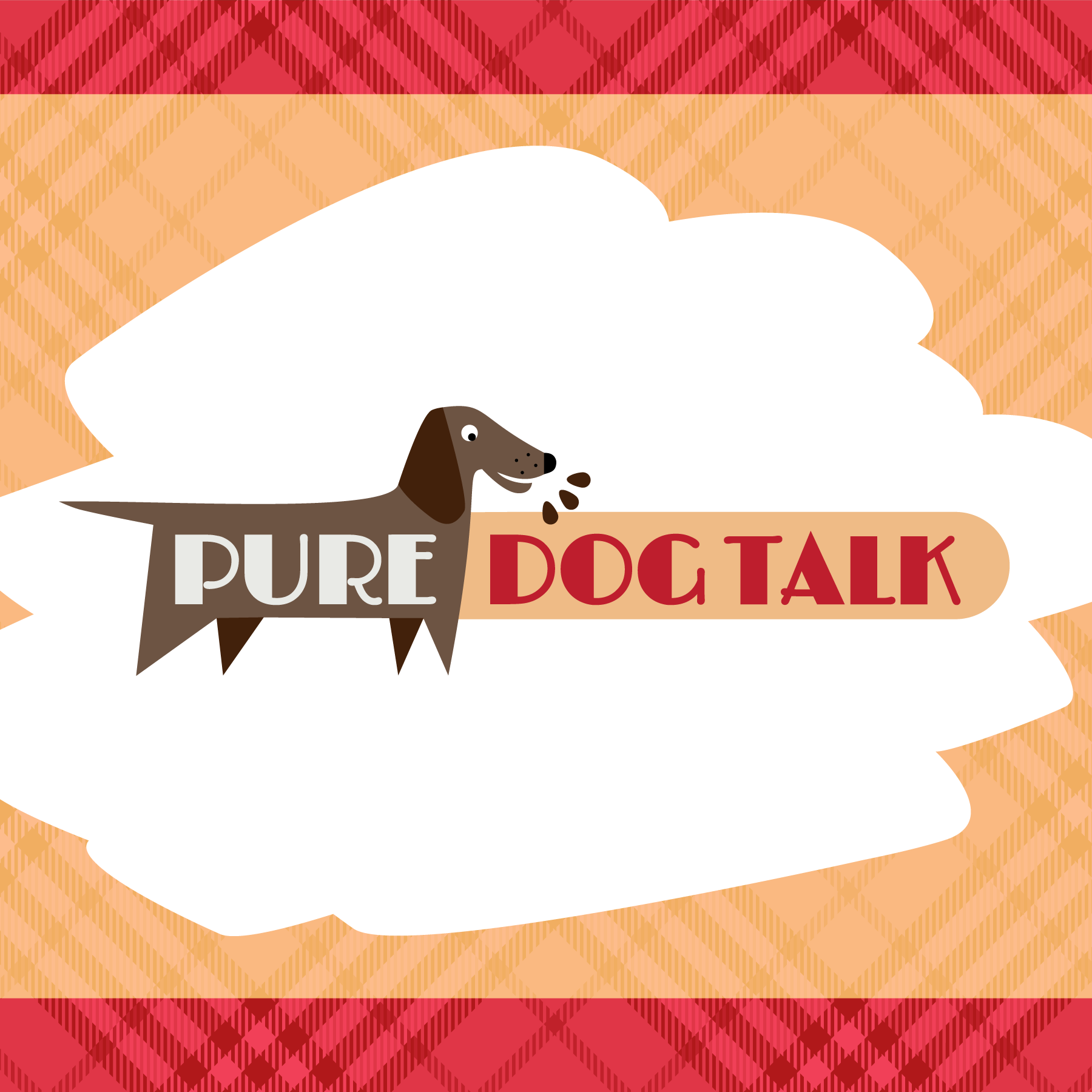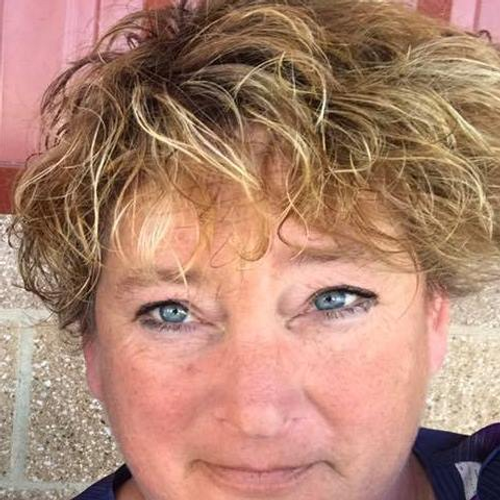Canine Cognitive Dysfunction is More Than Old Age
Dr. Marty Greer, DVM is back with this month’s Veterinary Voice topic, Canine Cognitive Dysfunction.
Canine Cognitive Dysfunction/Cognitive Dysfunction Syndrome: (CDS) is a neurobehavioral disorder affecting geriatric dogs and cats that is characterized by an age-related decline in cognitive abilities sufficient to affect functioning, with behavior changes that are not attributable to other medical conditions.
Signs of Dog Dementia
To look out for canine cognitive dysfunction, remember to check your dog’s “DISH”:
- Disorientation
- Paces
- Wanders aimlessly
- Becomes stuck on the wrong side of the door or behind furniture
- Staring at walls or into space
- Seems lost in the yard or forgets the purpose of going outside
- Forgets where the water and food bowls and doors are
- Fails to recognize familiar people or dogs
- Reduced responsiveness to name or verbal commands
- Abnormal response – increased or decreased – to familiar objects
- Difficulty learning new tasks
- Difficulty performing previously learned task
- Loss of interest in food
- Repetitive behaviors
- Interaction with Family Members
- Seeks less attention (petting, belly rubs, play)
- Less enthusiastic to greet people or other pets in the home
- No longer greets family upon arriving home
- Fails to respond to verbal cues
- Increased irritability and/or aggression with family and pets
- Changes in exploratory behavior
- Intolerant of being left alone
- Sleep and Activity
- Sleeps more hours per day, especially during the daytime
- Sleeps less throughout the night
- Reduced daily activity
- Lack of interest in his surroundings
- Restlessness, pacing, wandering or circling at sunset (sundowning)
- Vocalization at night (barking or howling)
- House Training
- Urinates or defecates indoors
- Urinates or defecates indoors soon after having been outside
- Failure to indicate need to go outside
- Accidents occur in front of his owners
- Elimination at uncommon outdoor locations such as on concrete
Cause
The neuroanatomic pathology in dogs and cats shares some characteristics with human Alzheimer’s disease, specifically β-amyloid accumulation, tau phosphorylation and neuronal loss in the frontal cortex, cerebellum, and hippocampus.
Managing Canine Cognitive Dysfunction
- Purina Neurocare/Bright Minds
- Hills B/D
- Royal canin
- Addition of antioxidants (Vitamin C and E) for cellular-level health and medium-chain triglycerides for cognitive improvement. L-Carnitine for muscle mass.
- Phosphatidylserine, Apoaequorin and S-Adenosyl-l-Methionine (SAME)
- Anipryl/selegeline – Is a selective monoamine oxidase -B inhibitor, which could enhance catecholamine neuron activity and increases dopamine levels in dogs.
- DHA
- Avoid unnecessary vaccines
- Skip pharmaceuticals when possible
- Reduce stress including changes in their routine and environment
- Potty pads, confinement, outside more often
- Pet-proof the house
- Social interaction and mental engagement/ environmental enrichment
- Keep the day/night cycles regular with sunlight
- Walking/exercise/stroller if needed
- Situational anti-anxiety drugs – trazodone and gabapentin



